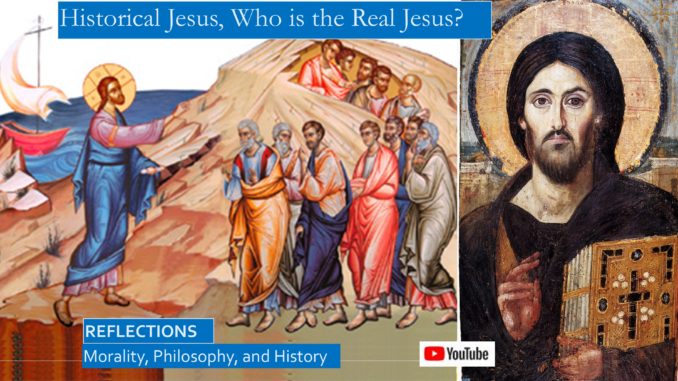
The quest to find the historical Jesus buried in the Scriptures, to discover what Jesus was really like, not merely what sayings tradition attributes to Jesus, was first attempted in the Enlightenment by Jefferson, Strauss, and other scholars, but this attempt put to an end partly by Albert Schweitzer, who argued these attempts minimized the eschatological and apocalyptic dimensions of Jesus’ life. Likewise, the second attempt in the sixties to paint an historical Jesus who was relevant was not inspiring, nor was it promoted well, and interest waned.[1]
Historical Jesus blog 1 http://www.seekingvirtueandwisdom.com/historical-jesus-blog-1-let-us-vote-on-what-jesus-really-said/
YouTube video for the Historical Jesus blogs: https://youtu.be/81TkRcaNfCM
YouTube scripts with book links: https://www.slideshare.net/BruceStrom1/historical-jjesus-who-is-t-he-real-jesus
The third historical quest for the historical Jesus was more successful because the founder of the Jesus Seminar, Robert Funk, knew how to promote it on television and in the press. Previously Funk had similarly grown the Society of Biblical Literature, greatly expanding its membership, and he focused these same talents to the Jesus Seminar. Funk was no longer affiliated with the SBL, so he recruited the scholars active in the Jesus seminar. As noted before, few of the scholars associated with the Jesus Seminar are noted scholars, and few have notable contributions to biblical research. The only notable scholars associated with his movement are Funk himself, John Crossan, and Marcus Borg, and their writings are problematic.
What is the theological agenda for this third historical Jesus movement? Opposition to fundamentalism. They do not want the fundamentalists to monopolize the airwaves, so they shamelessly promote their views so they fit in thirty second sound bites. They value radical academic independence, and denigrate subservience to tradition, and have no fear for ignoring Scripture they personally do not judge is historical, and for elevating newly discovered gnostic writings over Scripture in their quest for the historical Jesus. Witherington quotes Funk as saying, “methodology is not an indifferent net – it catches what it intends to catch.”[2]
Dr. Wikipedia reports that Robert Funk passed in 2005, his Jesus Seminar organization is no more, and judged by the size of his Wikipedia biography he is largely forgotten now.[3] The historical Jesus movement now is dominated by Bart Ehrman, who was never active in the Jesus Seminar. Ehrman grew up as a hardcore fundamentalist, but he became a liberal Christian due to his academic studies, later becoming agnostic due to his failure to reconcile human pain and suffering with a loving God.[4] Ehrman and Luke Timothy Johnson are in the top ten of the number of courses published by the Teaching Company, meaning they can publish as many popular books as they wish.
There are some scholars active in the historical Jesus movement who are legitimate, who are not agnostic, who do not twist Scripture, who do not seek to manipulate the media to sell more books. Ben Witherington’s book the Jesus Quest opens with a great chapter on the historical context of the New Testament, followed but really good reviews of the main works of the historical Jesus movement scholars. Both Witherington and Johnson are impressed with one scholar in particular, John Meier.
MAINLINE ATTITUDES TOWARDS THE HISTORICAL JESUS
For Catholics, Vatican II cleared the way for Catholics to study the Bible using the historical-critical method and other spiritually edifying methods. Cardinal Ratzinger penned an encyclical on biblical interpretation discussing both the dangers and benefits of using the historical-critical method. He cautions that the historical-critical method is often too narrow in its historical approach, ignoring the biblical revelation in the history of the church, meaning the Church Fathers.[5] In the chapter on hermeneutics in the Catholic New Jerome Biblical Commentary notes that although the Vatican is encouraging closer study of patristic exegesis, Catholic scholars have a “reluctance to return to the more-than-literal exegesis of the Fathers.” And, “the (Catholic) church would challenge modern scholars to emulate the success of the (Church) Fathers in having the Bible nourish the faith, life, teaching, and preaching of the Christian community. But in terms of practical guidance in modern literal exegesis of individual texts, patristic authority is of restricted importance.”[6] But most modern Catholic scholars, Johnson included, ignore the patristic commentary altogether.
Interestingly, Meier, the historical Jesus scholar with the best reputation, wrote the chapter on the historical Jesus in the leading US Catholic commentary on Scripture, the New Jerome Commentary. This chapter represents an example of what the Catholic Church views as a respectful view of the historical and traditional Jesus.
Orthodoxy really does not have an official position on the historical Jesus movement, as expected, as Orthodoxy prefers to interpret Scripture with the Philokalia and the other writings of the early Eastern Church Fathers.
There is a brief mention of the historical Jesus movement by John Beck in “Scripture in Tradition,” published by St Vladimir’s Press, which says the historical Jesus movement is a “blatant betrayal of the biblical witness.”[7] Beck acknowledges that form criticism and other historical methods can be useful, but cautions we should read Scripture for knowledge OF GOD, not for knowledge ABOUT GOD, that we should interpret Scripture in language WORTHY OF GOD, we should not atomize the text, but instead keep the Scriptures whole. The Bible is not self-interpreting, the Holy Spirit inspired the authors of Scriptures, and also the patristic interpreters. Although we should measure tradition using Scriptures, Scripture was also born of tradition, through the presence of the Holy Spirit, the Spirit of Truth, who guides the church, and who should guide us in our quest to live a godly life. Jesus said what Scriptures record that He said, because the compilation of Scriptures was inspired by the Holy Spirit.[8]
We should pray to read Scriptures as St Augustine prays in his Confessions: “How wonderful are your Scriptures! How profound! We see their surface and it attracts us like children. And yet, O my God, their depth is stupendous. We shudder to peer deep into them, for they inspire in us both the awe of reverence and the thrill of love.”[9] St Augustine cautions that we not cling to our personal interpretation of Scriptures as it involve more personal pride than possession of divine truth, that we should be respectful of others’ prayerful interpretations, that there can be multiple interpretations of Scripture.[10] This is a common problem with scholars using the historical-critical method, indeed scholars of all stripes: they assume that only their way is the highway to understanding Scriptures.
Historical Jesus blog 3 http://www.seekingvirtueandwisdom.com/historical-jesus-blog-3-how-are-we-to-be-saved-how-are-we-to-interpret-scripture/
[1] Ben Witherington III, The Jesus Quest, The Third Search for the Jew of Nazareth, 2nd Edition (Downers Grove, Ill: IVP Academic,1997) 9-11
[2] Witherington, The Jesus Quest, 79.
[3] http://en.wikipedia.org/wiki/Robert_W._Funk
[4] http://en.wikipedia.org/wiki/Bart_Ehrman, which cites his book, Misquoting Jesus (San Francisco, Harper: 2005).
[5] Cardinal Joseph Ratzinger, The Interpretation of the Bible in the Church, Pontifical Biblical Commission, March 18, 1994, https://www.ewtn.com/library/CURIA/PBCINTER.HTM
[6] Raymond Brown and Sandra Schneiders, Hermeneutics, in the New Jerome Biblical Commentary (Upper Saddle River, NJ: Prentice Hall, 1990), chapter 71:88-89, 1164.
[7] John Beck, Scripture and Tradition, The Bible and Its Interpretation in the Orthodox Church (New York: St Vladimir’s Press, 2001), 18.
[8] John Beck, Scripture and Tradition, 9-19.
[9] St Augustine, Confessions, translated by GS Pine-Coffin (New York: Dorset Press,1961), Book XII, Chapter 14, 290.
[10] St Augustine, Confessions, Book XII, Chapters 25-31, 301-309.

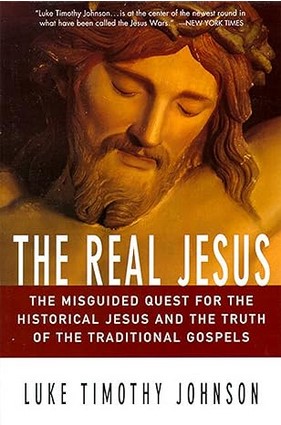
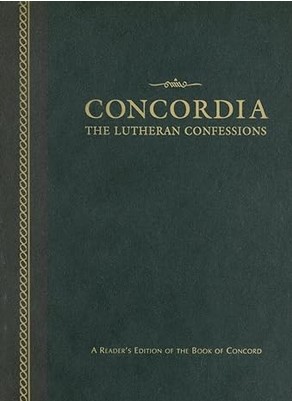
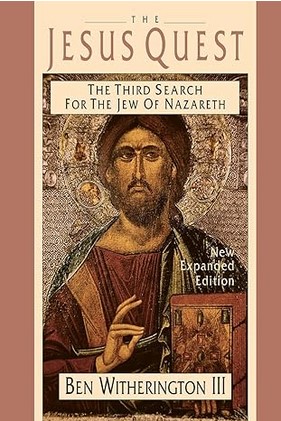
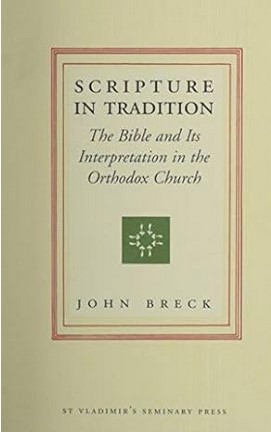
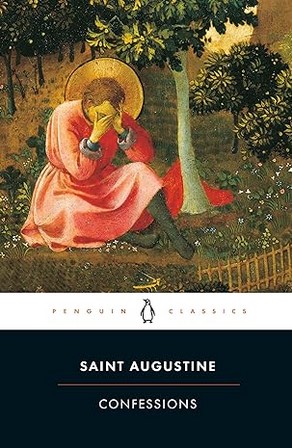
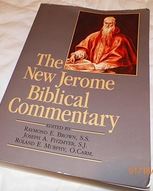
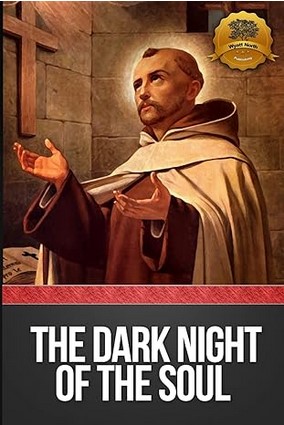
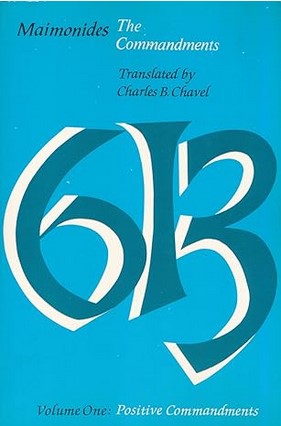
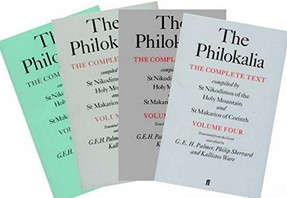
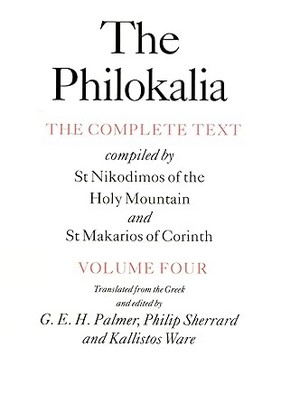
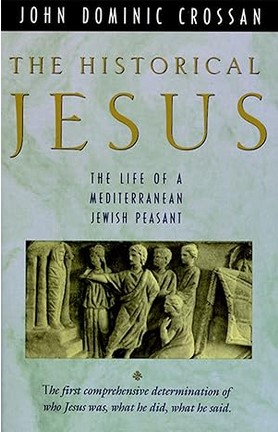
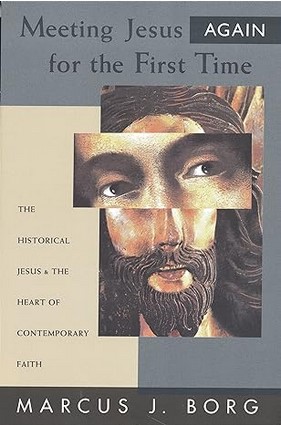
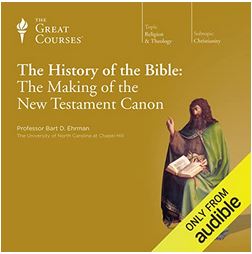
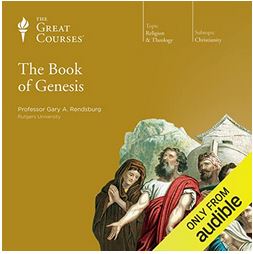
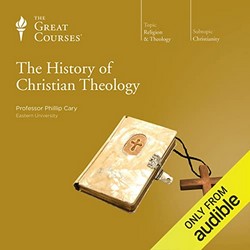
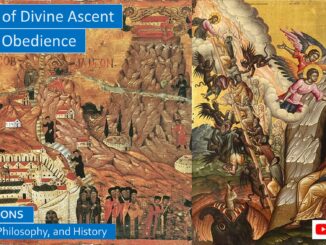
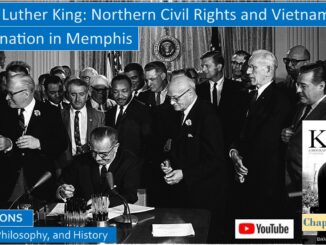
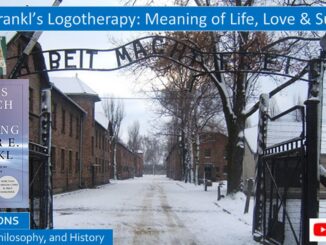
1 Trackback / Pingback